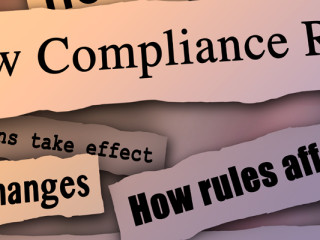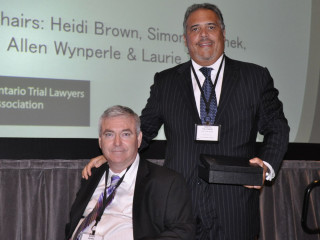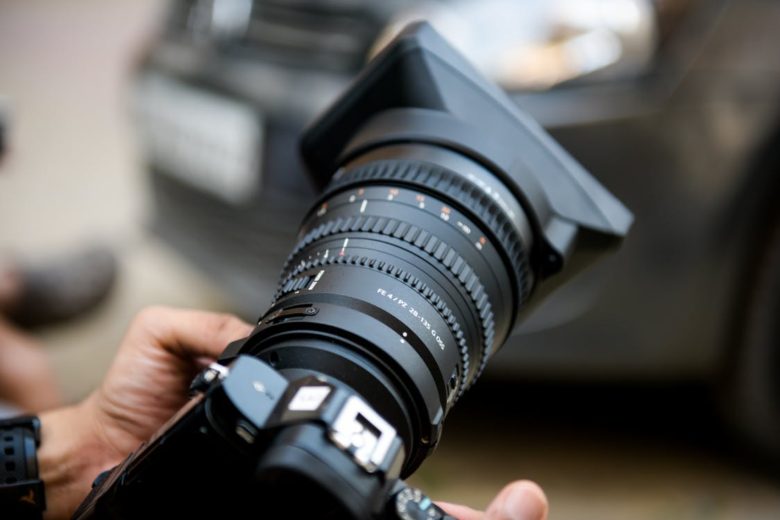Your activities, abilities, and credibility are central pieces of your case during personal injury litigation. Insurance companies sometimes want to find out for themselves if what you say and what you do are the same.
In order to do surveillance, insurance companies hire private investigators. Insurers describe your injury to investigators so they’ll know what to look for; if you injured your knee, investigators will watch to see whether you limp. These investigators will typically search social media and various directories to learn what you look like and where you live.
Investigators will often sit in their car outside your home or workplace to capture video footage of you. Investigators will sometimes be advised of a medical appointment or examination for discovery because they know you can be seen there. They will film you putting out the garbage, walking around the neighbourhood, running errands, and inside grocery stores or pharmacies. They should not film in private spaces like your home or backyard.
Investigators are not allowed to use a ‘pretense’ – this means they should not talk to you while pretending to be someone else. They should not enter private spaces – like a gym, for instance – by pretending to be member.
Investigators conclude their surveillance by preparing a report for the insurance company to review. This report usually includes photos, edited footage, and notes on the observations. Defence counsel will sometimes receive a copy of this report.
Once Defence counsel has received a copy of the report, it must be disclosed in a sworn Affidavit of Documents. If the surveillance shows you doing an activity you said you could not do, it will affect your credibility at trial. This can be powerful and important evidence.
If the video is listed in ‘Schedule B’ of the Affidavit of Documents, the Defence will not provide copies of the video to your lawyer, but they do have to provide particulars of the surveillance regardless of whether they intend to rely upon it.
Surveillance particulars include details on where and when it was conducted and what you were doing. Particulars must even detail things that are not seen – such as days when investigators are doing surveillance but maybe you never left the house – that absence of activity must be disclosed as well.
The Affidavit of Documents must be updated when new surveillance is conducted. Your lawyer should regularly request an updated executed Affidavit of Documents.
If an investigator does their job well, you will likely not notice their presence. Limits are placed on their ability to surveil your activities to protect your right to privacy.
The surveillance that insurers complete is a justified method of determining your honesty and credibility, so it’s important that you are not exaggerating or minimizing your injury.













